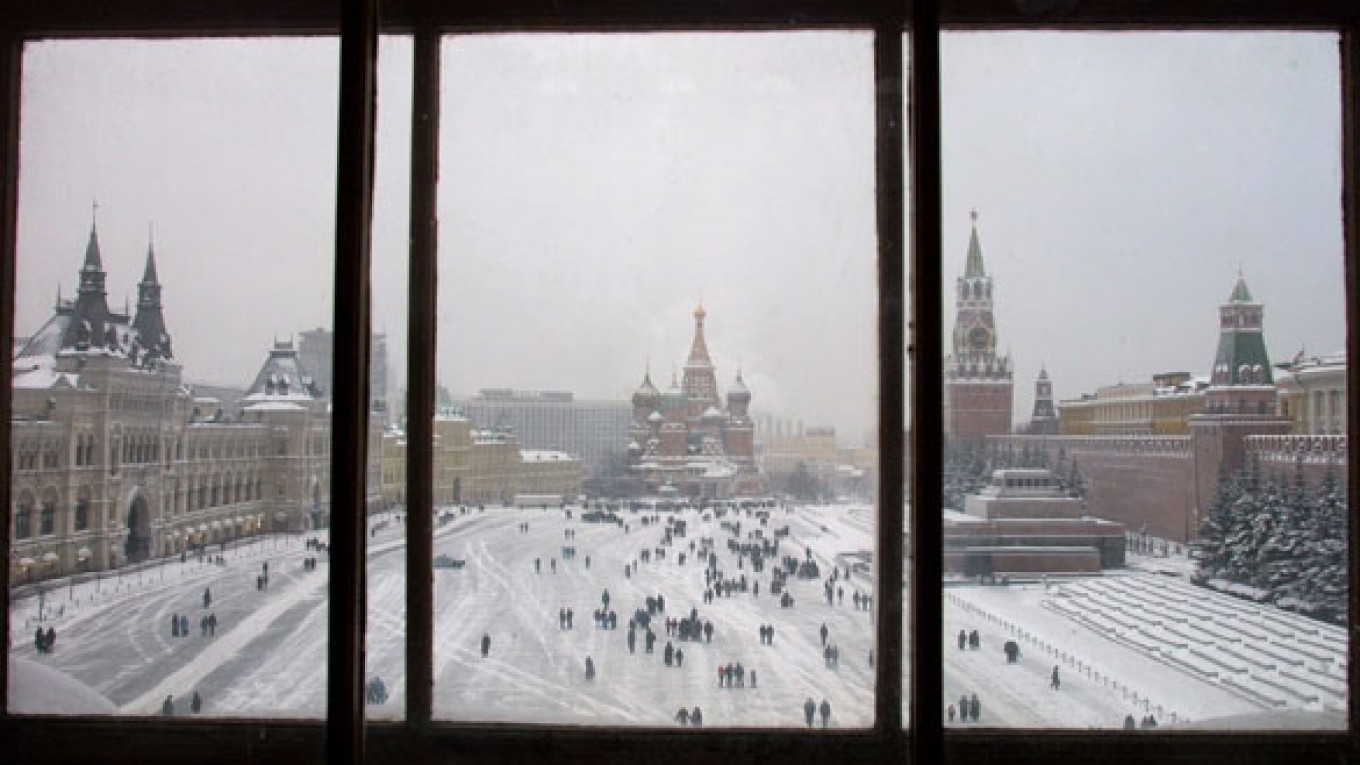Включать: to turn on, include, insert
I know we’re heading into the long Moscow winter when I have every light on in the apartment at noon and it’s still dark and gloomy. So I turn stuff on — the lights, the radio, the television — anything to cheer things up.
The Russian verb pair for turning stuff on is включать/включить. Включи мотор! (Turn on the engine!) It’s also the verb to use when plugging things in. Every time I have a problem with my computer, my компьютерщик (computer guy) first asks: Он включён? (Is it plugged in?)
You also use включать/включить when talking about inserting something, like information into a document. Бюро отказалось включать этот вопрос в повестку дня (The bureau declined to put that question on the agenda). Or when you are including a person into some kind of group: Он настаивал, чтобы партия включила его в список кандидатов в мэры Москвы (He demanded that the party include him in the list of candidates for Moscow mayor). When you are talking about what is included in something, you can use the phrase включать в себя: Что должен включать в себя бизнес-план? (What should be included in a business plan?)
Lately, включать/включить is being used figuratively in a number of slang expressions. In the old days, включить счётчик was what a cab driver did: He turned on the meter. Then it was slang for setting the percent on a loan. But now it means starting the clock from the moment a loan is given to when it’s due. If some no-neck guy with tattoos and a nasty nickname says: С ноль-ноль часов вторника включён счётчик, he means: As of midnight on Tuesday, the meter is running. That is: Pay up on time, or face the consequences.
Kids say включать дурака (literally, “to turn on the fool”) about someone who is pretending that he doesn’t know what’s going on. Что ты мне тут дурака включаешь? Скажи, что брал деньги. (Why are you acting all innocent? Just say you took the money.) Or включать ботаника, which means the opposite: acting like a nerd or geek, pretending to take something seriously. Он включил ботаника и пошёл к директору школы (He got all serious and went in to see the school principal).
What do actors and singers do when their fame goes to their head? In standard Russian, this is called звёздная болезнь (literally, “star sickness”). Today, kids say включать звезду (literally, “to turn on the star”). One young journalist was offended when a singer didn’t mingle with the press and fans. Как сказали организаторы, он включил звезду, и именно поэтому отказался с нами общаться (Like the concert organizers said, he acted like a big star and that’s why he refused to meet with us).
What does a paunchy, middle-aged guy do when he wants to look like he’s in great shape? He sucks in his gut, throws back his shoulders and tries to swagger. This is включать раму (literally, “to turn on the frame”).
Включать/включить заднюю (скорость) is what you do when you want to back out of your parking place: You put the car into reverse. It’s also a slangy way of saying “to reverse a decision.” The kids protesting the cutting of the Khimki forest said they didn’t expect Prime Minister Vladimir Putin to change his mind and halt the work: Он заднюю по жизни не включает (He never reverses a decision).
Включи мотор! (Let ’er rip!)
Michele A. Berdy is a Moscow-based translator and interpreter. A collection of her columns, “The Russian Word’s Worth,” has been published by Glas.
A Message from The Moscow Times:
Dear readers,
We are facing unprecedented challenges. Russia's Prosecutor General's Office has designated The Moscow Times as an "undesirable" organization, criminalizing our work and putting our staff at risk of prosecution. This follows our earlier unjust labeling as a "foreign agent."
These actions are direct attempts to silence independent journalism in Russia. The authorities claim our work "discredits the decisions of the Russian leadership." We see things differently: we strive to provide accurate, unbiased reporting on Russia.
We, the journalists of The Moscow Times, refuse to be silenced. But to continue our work, we need your help.
Your support, no matter how small, makes a world of difference. If you can, please support us monthly starting from just $2. It's quick to set up, and every contribution makes a significant impact.
By supporting The Moscow Times, you're defending open, independent journalism in the face of repression. Thank you for standing with us.
Remind me later.








